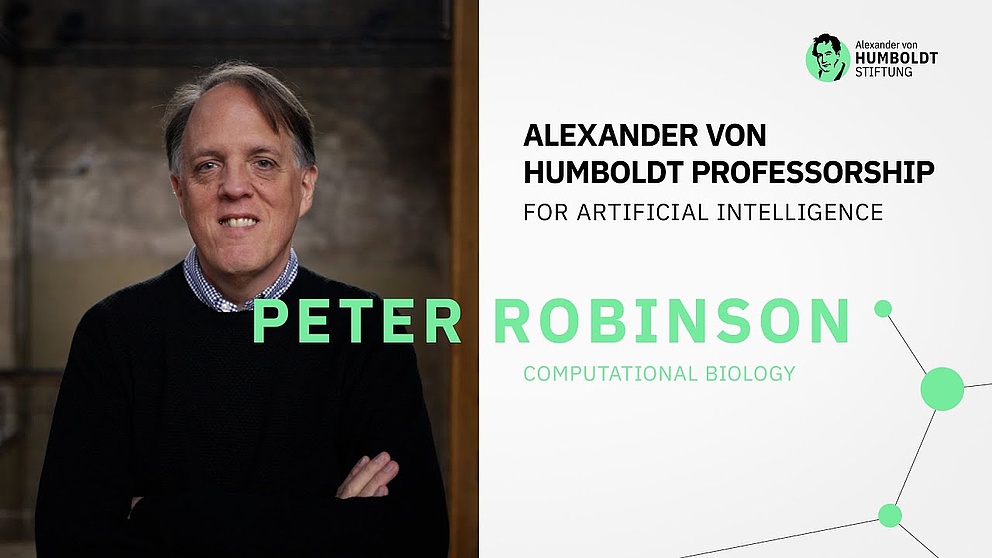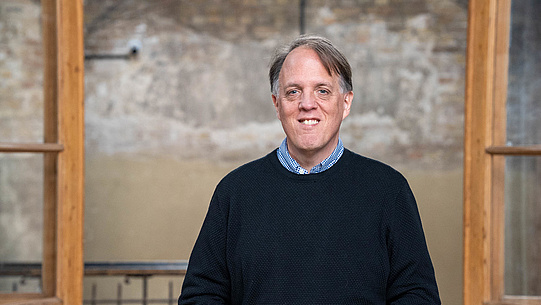Jump to the content
- {{#headlines}}
- {{title}} {{/headlines}}

Contact
Press, Communications and Marketing
Tel.: +49 228 833-144
Fax: +49 228 833-441
presse[at]avh.de
Computational biology
Diseases like flu and chickenpox are relatively easy to diagnose. It is known that symptoms like fever, aching limbs, a cough or a characteristic skin rash can be traced back to a specific pathogen. It is much more difficult when it comes to the early diagnosis of genetic diseases – because gene mutation can lead to symptoms of varying severity. And the clinical manifestations often differ, as well. Traditionally, some were not linked to genetic deviations at all, which meant hereditary diseases remained unidentified.
In 2008, the medical researcher and genome expert, Peter N. Robinson, developed the Human Phenotype Ontology of genetically associated diseases. The database allows users to match the clinical disease manifestations with the relevant gene mutations and syndromes. This computer assisted reference source is continuously updated and now contains 13,000 terms and 156,000 annotations on genetic diseases. Various applications mean the data can be searched and weighted according to the information provided by the user - thus facilitating diagnosis.
With the database Robinson laid the foundations for tracing rare inherited diseases with the help of artificial intelligence. He is a pioneer of computer-assisted phenotype analysis and has been one of the top researchers in the field for many years. He himself has identified several genes associated with Mendelian genetic diseases and written algorithms that facilitate the investigation of genome and exome sequences as well as finding correlations with clinical manifestations and gene mutations.
With the arrival of Peter N. Robinson, the Berlin Institute of Health at Charité (BIH) will recruit an excellent protagonist of translational research in bioinformatics who is supposed to close the gap between data science and applied medicine. In the long term, this should facilitate tailored precision therapy because the computer-assisted data analysis methods mean patient data on genetic diseases can be clustered, data compared, clinical procedures predicted and personalised treatment strategies developed.
Brief bio
Peter N. Robinson read mathematics and computer science at Columbia University, NYC, United States, and medicine at the University of Pennsylvania, Philadelphia, United States. In 2000, he completed his specialist training in paediatrics at Charité Berlin. Here he held a professorship in medical genomics as well as a fellowship at the Max Planck Institute for Molecular Genetics in Berlin. In 2016, he relocated to the Jackson Laboratory for Genomic Medicine in Farmington, Connecticut, United States, where he is a professor of computational biology.






